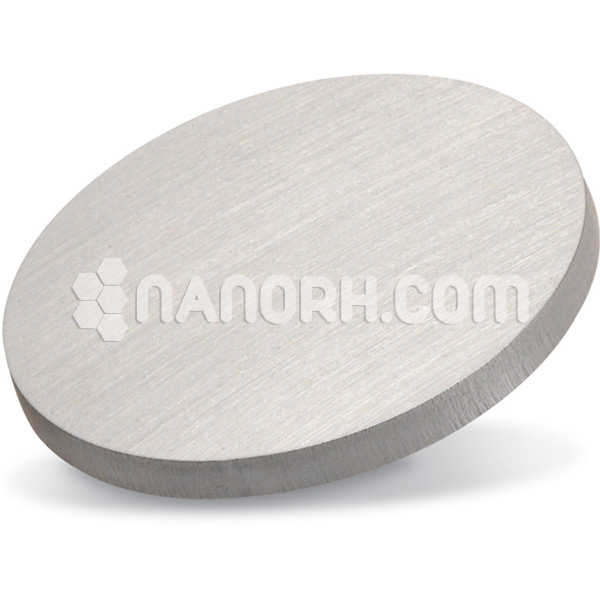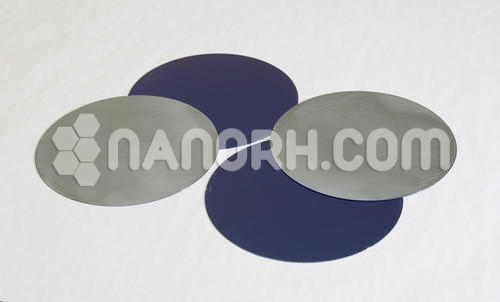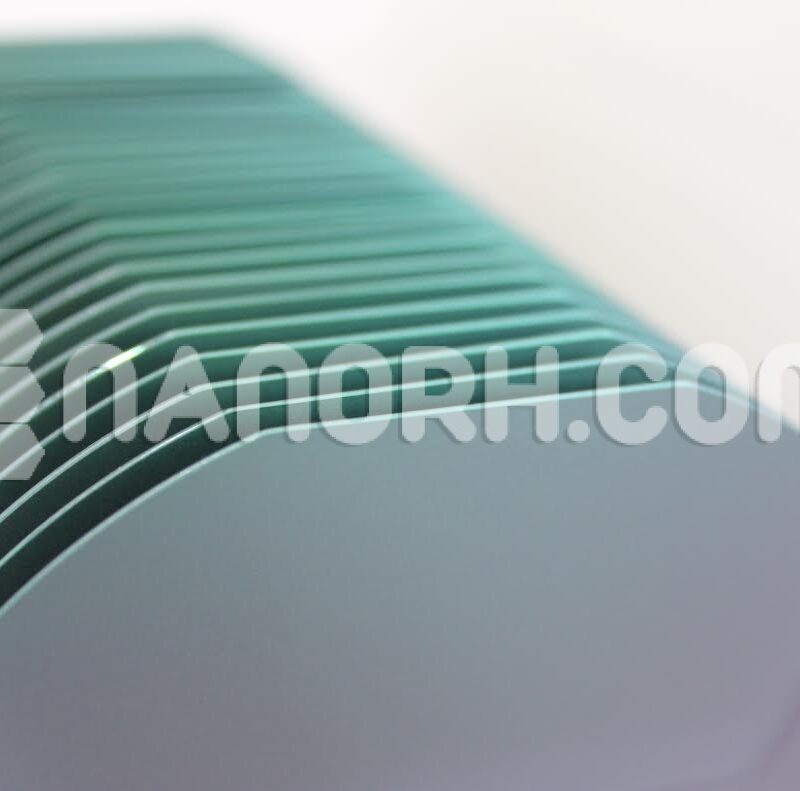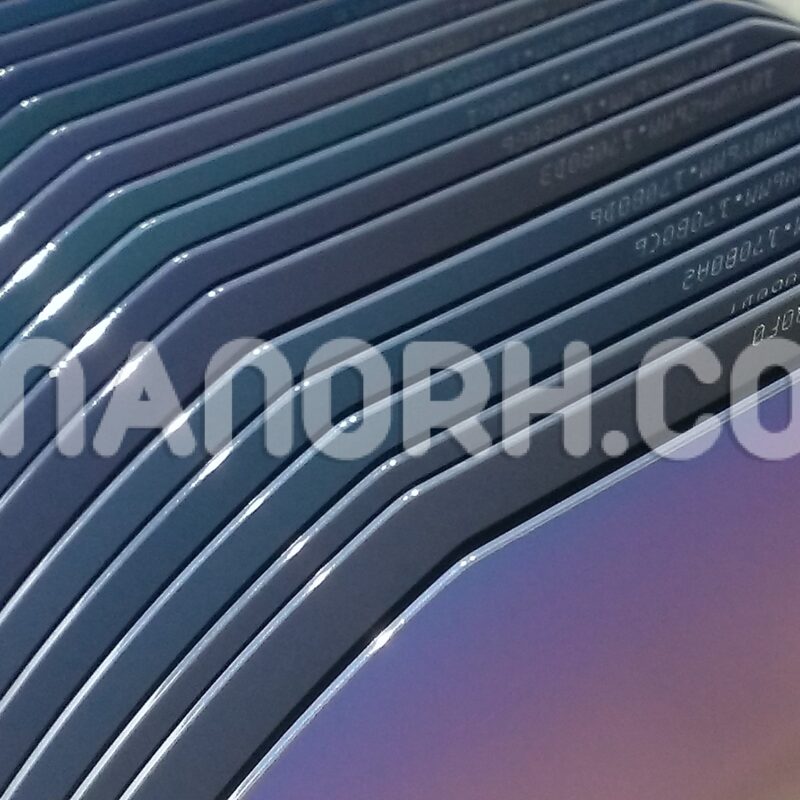| Bismuth Sulfide Sputtering Targets | |
| Product No | NRE-43341 |
| CAS No. | 1345-07-9 |
| Formula | Bi2S3 |
| Molecular Weight | 514.16 |
| Purity | >99.9% |
| Density | 7.7 g/cm3 |
| Thickness | 3 mm ± 0.5mm (can be customized) |
| Diameter | 50 mm ± 1mm (can be customized) |
| Shape | Round |
| Resistivity | NA |
| Thermal Conductivity | NA |
Bismuth Sulfide Sputtering Targets
Bismuth sulfide (Bi₂S₃) sputtering targets are utilized to deposit thin films of bismuth sulfide in various applications, owing to its unique properties.
Photovoltaic Cells:
Application: Bismuth sulfide is used in thin-film photovoltaic cells due to its semiconductor properties.
Products: Bi₂S₃ thin films can be used in solar cells to convert sunlight into electricity. Research is ongoing to improve the efficiency and stability of these cells.
Optoelectronics:
Application: Bismuth sulfide films have interesting optical properties, making them suitable for various optoelectronic devices.
Products: These include photodetectors, light-emitting diodes (LEDs), and optical sensors, where Bi₂S₃ can be used to control light absorption and emission properties.
Thermoelectric Materials:
Application: Bismuth sulfide is explored for its thermoelectric properties, which are crucial for converting heat into electrical energy.
Products: Thin films of Bi₂S₃ deposited via sputtering can be used in thermoelectric devices for energy harvesting and cooling applications.
Gas Sensors:
Application: Bismuth sulfide can be used in gas sensing applications due to its sensitivity to various gases.
Products: Bi₂S₃ thin films are utilized in sensors to detect gases such as hydrogen sulfide (H₂S), which is significant for environmental monitoring and industrial safety.
Photocatalysis:
Application: Bismuth sulfide is studied for its photocatalytic properties, which are useful for environmental cleanup and chemical reactions under light.
Products: Bi₂S₃ thin films can be used in photocatalysts for applications such as water splitting and degradation of organic pollutants.
Electronic Devices:
Application: Due to its semiconducting properties, Bi₂S₃ can be used in various electronic applications.
Products: Thin films of bismuth sulfide are explored for use in transistors, memory devices, and other semiconductor-based technologies.
Material Science Research:
Application: Research involving Bi₂S₃ sputtering targets focuses on understanding and developing new materials with specific properties.
Products: This includes studying the effects of different deposition conditions on film properties and exploring new potential applications for bismuth sulfide.




